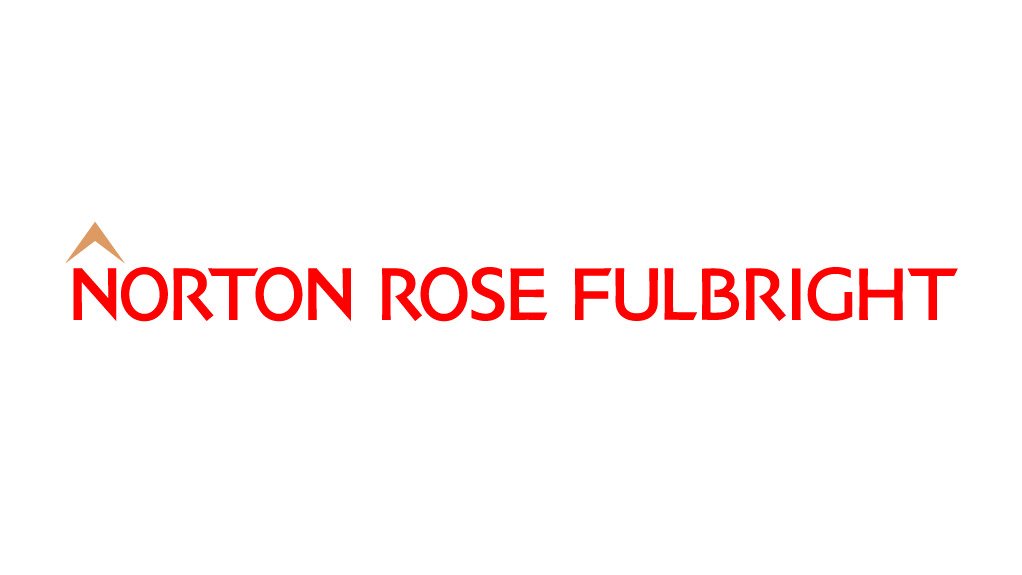Mining companies operating in South Africa would do well to ensure that their compliance programmes are up-to-date and are being complied with throughout the organisation so as to minimise any risk they face of anti-corruption enforcement.
South African businesses are accustomed to operating in a relatively well developed regulatory environment. Local regularity standards are often on par with the highest international standards across all sectors. South Africa has a mature competition (anti-trust), tax and anti-money laundering regulatory framework and the laws pertaining to anti-corruption are no different. Although South African anti-corruption laws are comprehensive resources are often lacking at the level of enforcement.
In the public perception, a growing number of reports of suspected corruption in both the public and private sector over recent years, without a corresponding increase in the number of prosecutions let alone convictions in this sphere, suggest that the risk for transgressors of meaningful enforcement action is low. A recent report by the Organisation for Economic Co-operation and Development (OECD) criticised South Africa for not having done more to investigate and prosecute allegations of foreign bribery. The OECD report points out that South Africa is yet to convict any person for bribery or corruption committed abroad, despite a number of cases where such offences are alleged to have occurred.
In the circumstances, it might be tempting for businesses operating in South Africa to adopt a lackadaisical approach to compliance. Laws prohibiting specific conduct mean little if those laws are not enforced. However, any perceived comfort arising from a lack of enforcement are misplaced.
The increase in regulatory enforcement in China over the last two years is a powerful example of how quickly an enforcement environment can change. Companies which adopted a “this is how it’s done here” approach to their dealings in China have been burdened with the risk of heavy regulatory fines. One of the world’s leading pharmaceutical companies is facing a corruption scandal in China where its staff are alleged to have paid in excess of 250 million Dollars in bribes in order to win market share. Similarly, a major multinational bank is currently being investigated by the US Securities and Exchange Commission (SEC) in relation to allegations that it hired relatives of politically connected individuals in order to win government work.
The risk is not only that the South African authorities may increase their endeavours at enforcing existing laws, but also that regulators in other jurisdictions may use the extra-territorial application of their legislation to prosecute companies operating in South Africa. There are already public examples of this. One is of a major gold mining company being investigated by the SEC in relation to the granting of a stake in their South African mining operations to politically connected individuals. Another is of a New York listed company facing enforcement action following allegations of involvement in tender corruption in South Africa, involving business worth more than a billion Dollars.
Regulators in the UK, US and Canada have also recently taken steps to investigate mining companies operating in some of the world’s higher risk jurisdictions. The UK Serious Fraud Office said last year that it had launched a criminal investigation into London listed mining company ENRC and the US Department of Justice has charged six foreign nationals in relation to an alleged racketeering conspiracy to bribe officials in India to gain titanium mining rights. In the two years since Canada was similarly criticised by the OECD for not having pursued foreign corruption charges it has secured three foreign bribery convictions and has over 35 open investigations.
The mining and extractive industries are particularly at risk of falling into the bribery and corruption trap. The vast scale of mining operations can render regulatory compliance by all employees a very challenging task. The significant revenues which the industry generates further adds to corruption risk, as does the requirement of dealing with government and regulatory officials and navigating local partner requirements in many African jurisdictions.
Whether driven by increased political impetus to step-up enforcement, a desire to comply with its international obligations or the acts of regulators in other jurisdictions, South Africa generally and the mining industry in particular are likely to see an increase in anti-bribery and anti-corruption enforcement in the coming years.
Written by Andre Vos and Matthew Clark, Norton Rose Fulbright South Africa
EMAIL THIS ARTICLE SAVE THIS ARTICLE
To subscribe email subscriptions@creamermedia.co.za or click here
To advertise email advertising@creamermedia.co.za or click here











